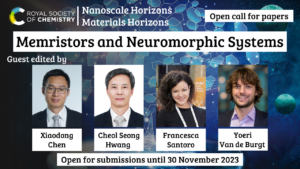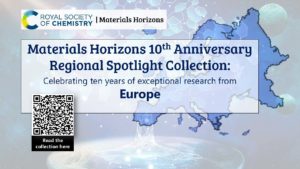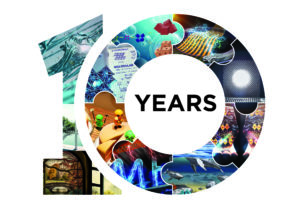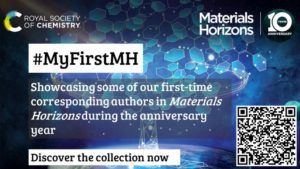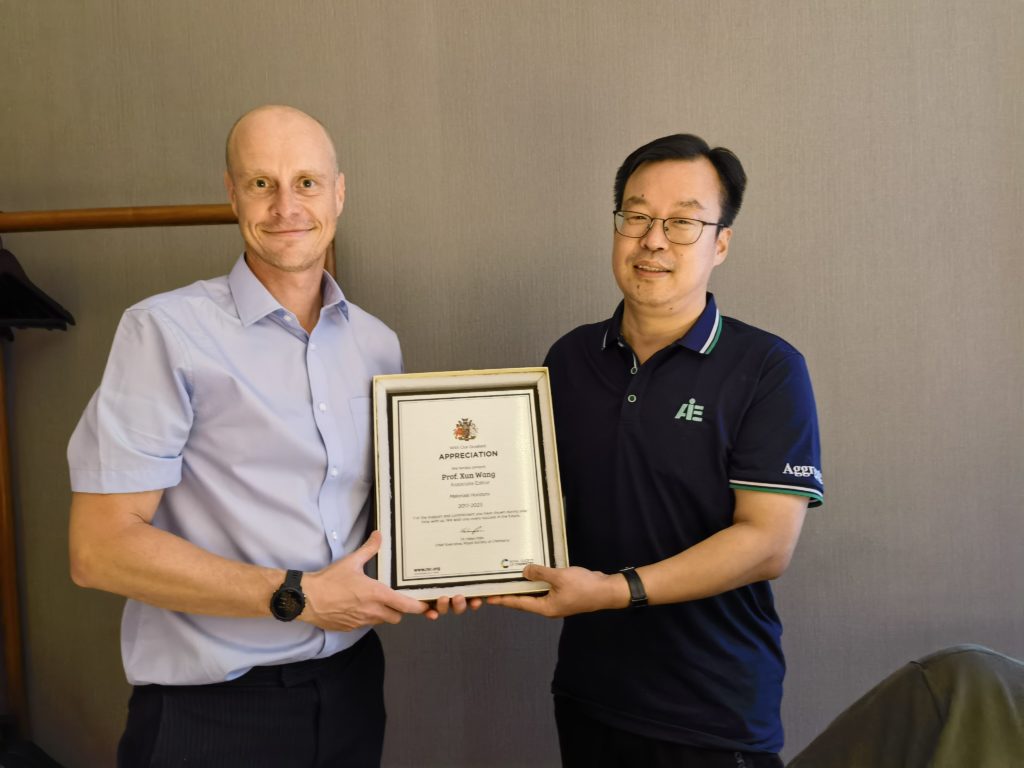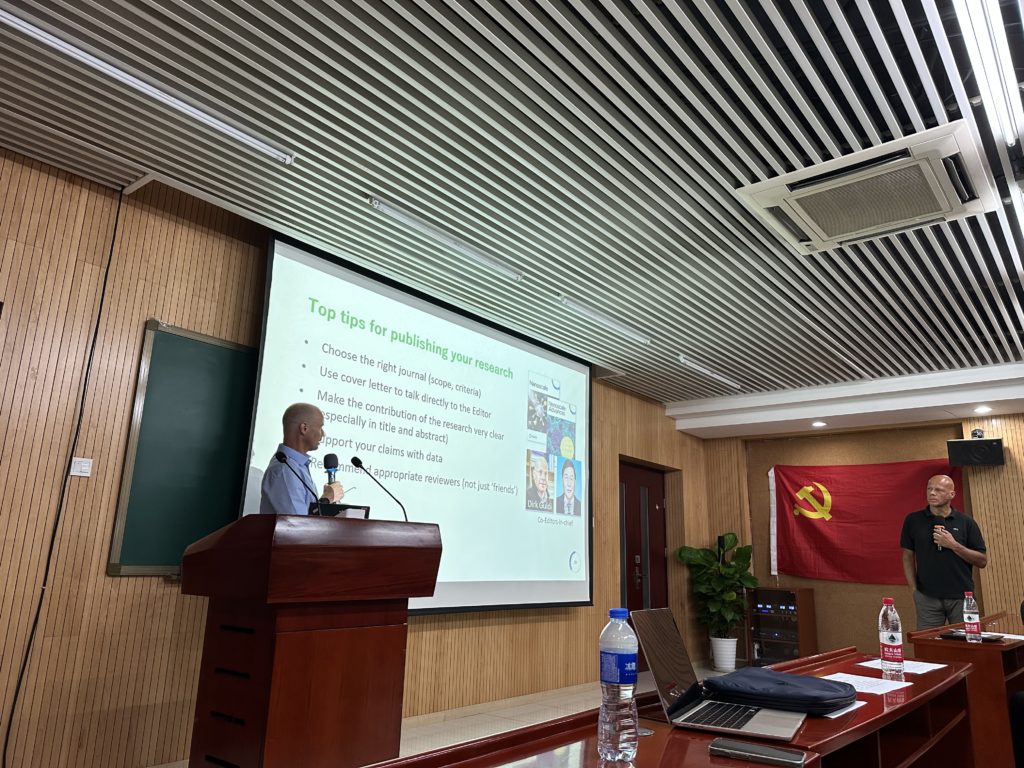Memristors and Neuromorphic Systems
Submit your latest work to Nanoscale Horizons and Materials Horizons now!
We are delighted to announce an open call for submissions to our cross-journal themed collection on ‘Memristors and Neuromorphic Systems’ to be published across Nanoscale Horizons and Materials Horizons
This collection is being Guest Edited by:
Prof. Xiaodong Chen (Nanyang Technological University, Singapore)
Prof. Cheol Seong Hwang (Seoul National University, Korea)
Prof. Francesca Santoro (Forschungszentrum Jülich, Germany)
Prof. Yoeri Van de Burgt (Eindhoven University of Technology, The Netherlands)
In late 2022, ChatGPT was launched with global impact across many different fields and society. However, similar to other artificial intelligence (AI) algorithms it has a substantional downside: consuming a lot of energy. ChatGPT requires almost ten times more energy cost than a conventional search algorithm, such as Google, as the large language model used in this new algorithm is built on a massive neural network, where the number of parameters to be optimized is overwhelming (several hundreds of billions). These models fundamentally belong to machine learning algorithms, where backpropagation-based deep learning produces remarkable performances. However, these methods are entirely disparate from human brain operation, which operates in a massively parallel and spike-based fashion and vastly outperforms computing algorithms in some classification tasks at much lower energy cost.
The research field dedicated to mimicking the brain is called neuromorphic engineering, and covers a wide range of disciplines, including electrical engineering, computing, materials science, chemistry, physics, and even psychology. Yet, conventional CMOS-based hardwares are based on the von-Neumann architecture which operates sequentially (instead of in parallel) suffling data back and forth between processing and memory, and thus barely fulfil the low-energy requirements for neuromorphic engineering. Memristors, which can be synaptic, neural, or even a combination of both, offer a potential solution and as such have been the focus of enhanced research efforts. In addition to their low-energy cost requirements, new materials properties employed by memristors may lead to new algorithms or help solve conventionally challenging tasks, such as NP-hard problems.
This themed collection in Materials Horizons and Nanoscale Horizons aims to report the latest developments in memristive materials. Exploring their fabrication, characterization, circuit design, and performance for applications in the future of neuromorphics. Collaborative work between diverse fields is especially encouraged.
Submissions Deadline: 30th November 2023
Submissions should fit within the scope of either Nanoscale Horizons or Materials Horizons. Please click on the journal link for more information on the journal’s scope, standards, article types and author guidelines. We invite authors to select the journal that best suits their submission.
This open call is open for primary research submissions only and review content will be invite-only. Please note that primary research is accepted in the form of Communications for both journals and requires a ‘New Concepts statement’ to help ascertain the significance of the research. General guidance and examples can be found here.
For Nanoscale Horizons, we welcome high-quality studies across all fields of device/design and nanoscale materials and for Materials Horizons, we welcome exceptionally high-quality, innovative materials science research focusing on new materials and their applications.
If you wish to contribute, please submit your manuscript directly to the submissions platform for either Nanoscale Horizons or Materials Horizons and add a note in the ‘Comments to the Editor’ and the ‘Themed issues’ sections of the submissions page to say that this is an open call submission to the themed collection on Memristors and Neuromorphic Systems. If accepted and if suitable for the collection, your article will be added to the ongoing online collection after publication and published in a regular issue of the journal for enhanced visibility. The collection will be promoted around Spring 2024 and beyond.
All submissions will undergo a rigorous peer review process, including an initial Editorial assessment as to suitability for the journal before potential peer review.
If you have any questions, please contact the Editorial Office at materialshorizons-rsc@rsc.org.


